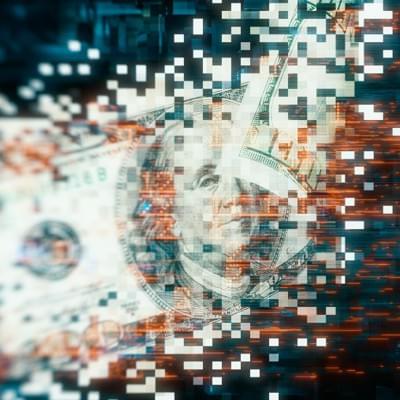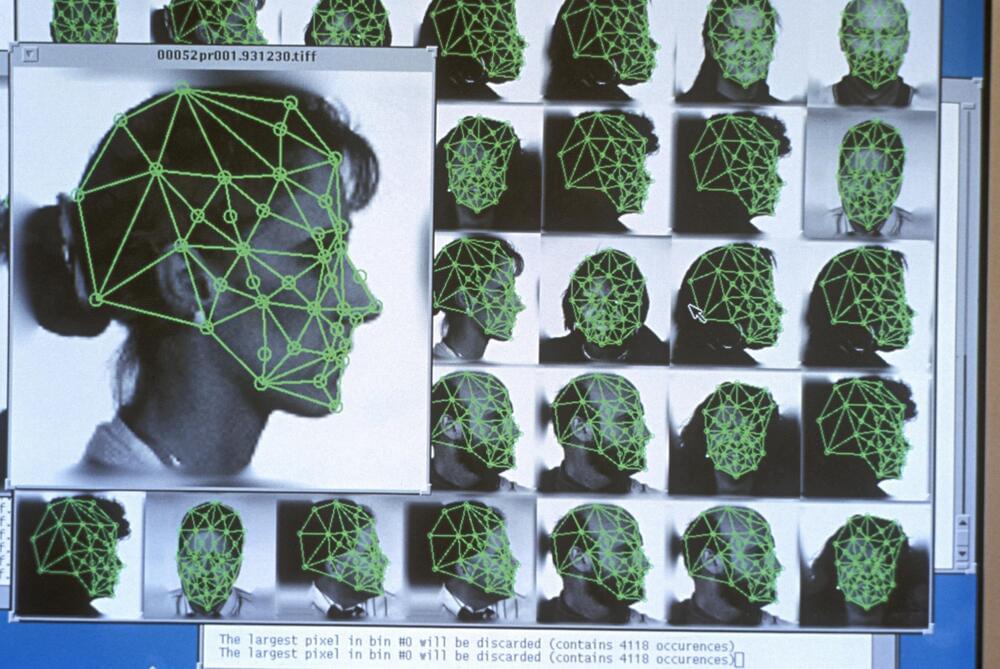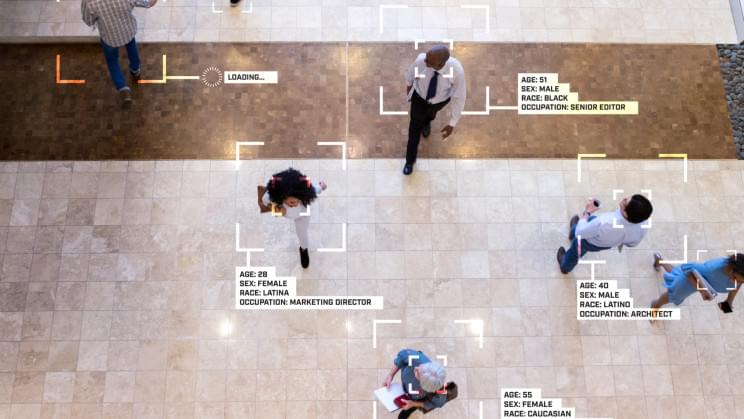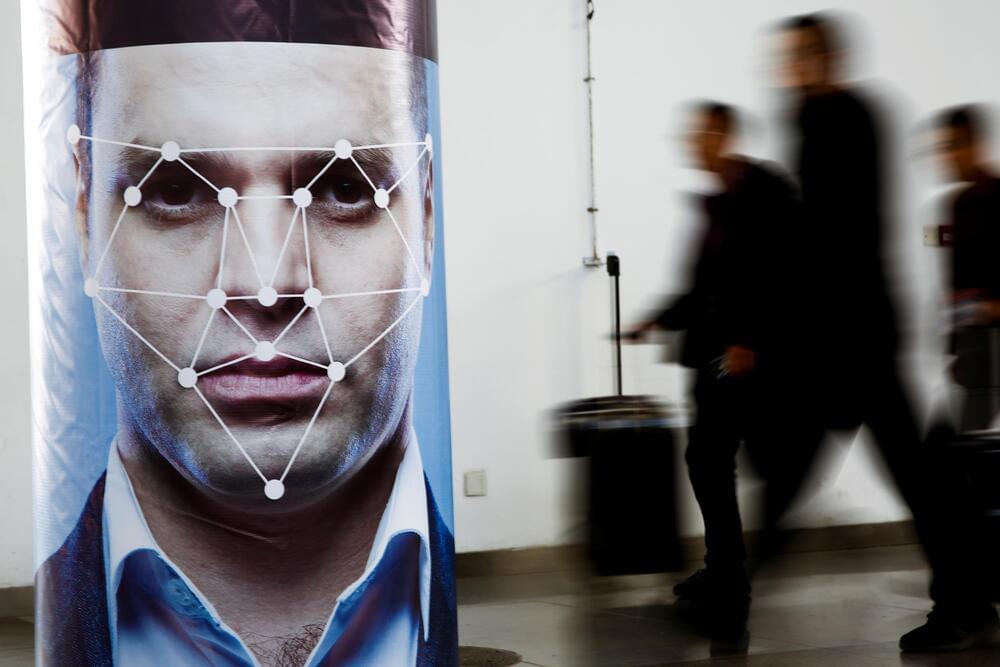
Kamose, the last king of the Theban Seventeenth Dynasty, refers to Apepi as a “Chieftain of Retjenu” in a stela that implies a Levantine background for this Hyksos king. A ‘normative inversion’ (cite Maimonides, John Spencer, Freud et al) turns the anti-Kemetic Hyksos monotheistic Set of Avaris into the equally sociopathic plague-maker of Exodus and Genesis. Two sides of the same monotheistic coin? Monotheism takes roots from the banning (and/or eradication) of all rival cults. https://core.ac.uk/reader/45268640
Egyptian accounts support Manetho and his implication that Moses is King Apophis or final Hyksos king Khamudi, “Josephus associated the Hyksos with the Exodus of the Israelites from Egypt. Many modern scholars believe the Hyksos may have partially inspired the Biblical account.” Geraty, L. T. (2015). “Exodus Dates and Theories”. In Thomas E. Levy; Thomas Schneider; William H.C. Propp (eds.). Israel’s Exodus in Transdisciplina ry Perspective: Text, Archaeology, Culture, and Geoscience. Springer. pp. 55–64. ISBN 978−3−319−04768−3.
“This is a great struggle between the truth and the delusion. This whole material world is in reality a prison for our souls, and its creator who is ignorantly revered as the supreme God by the Jews and Christians (and later also Muslims), is in fact a fallen angel, Ptahil, who listened to the whispering of the King of Darkness.”

















